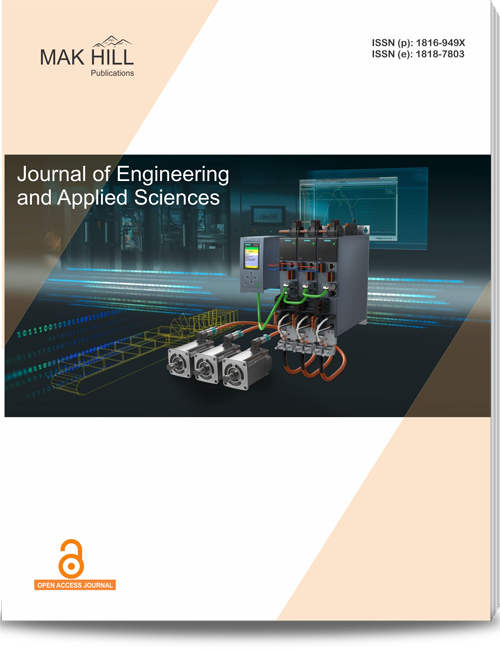
Journal of Engineering and Applied Sciences
ISSN: Online 1818-7803ISSN: Print 1816-949x
Abstract
Filopaludina sumatrensis’s shell was used as a low-cost sorbent for removing of Pb2+ in synthetic wastewater. The shell was burnt in aerobic conditions at 400, 500 and 600°C using a furnace. The different burnt shells were then compared with an unburnt shell for the efficiency of Pb2+ removal at the 0.05 level of statistical significance. The results showed that there were not any significant differences between sorption efficiency of Pb2+ from the unburnt shell and burnt shells at any temperatures for initial Pb2+ concentration of 0.1 mM. Meanwhile, at an initial Pb2+ concentration of 1 mM, the burnt shell at 600°C has less Pb2+ sorption efficiency than that of the other conditions. The unburnt shell was selected for the further study of sorption kinetics and sorption isotherm. The pseudo second order kinetic model was suitable for the description of sorption kinetics. Although, it took 20 and 30 min to reach equilibrium for experiments at initial Pb2+ concentration of 1 and 0.1 mM, respectively. Biosorption isotherm data could be described with the Freundlich isotherm.
How to cite this article:
Ronbanchob Apiratikul. Utilization of Filopaludina sumatrensis’s Shell as a Biosorbent for
Removing of Pb2+ in Wastewater.
DOI: https://doi.org/10.36478/jeasci.2019.8403.8407
URL: https://www.makhillpublications.co/view-article/1816-949x/jeasci.2019.8403.8407